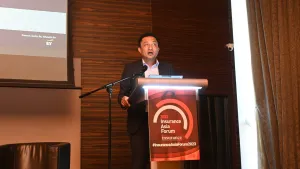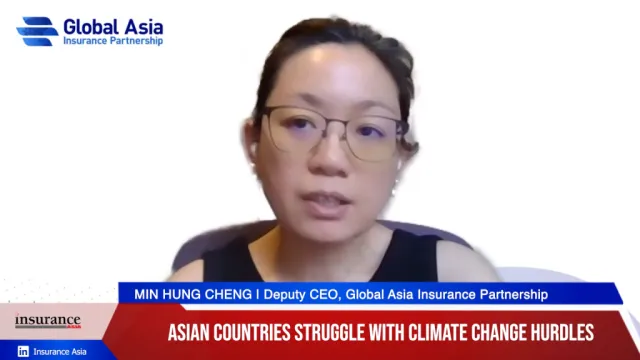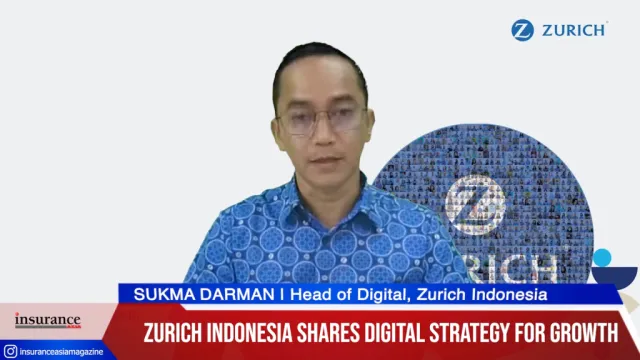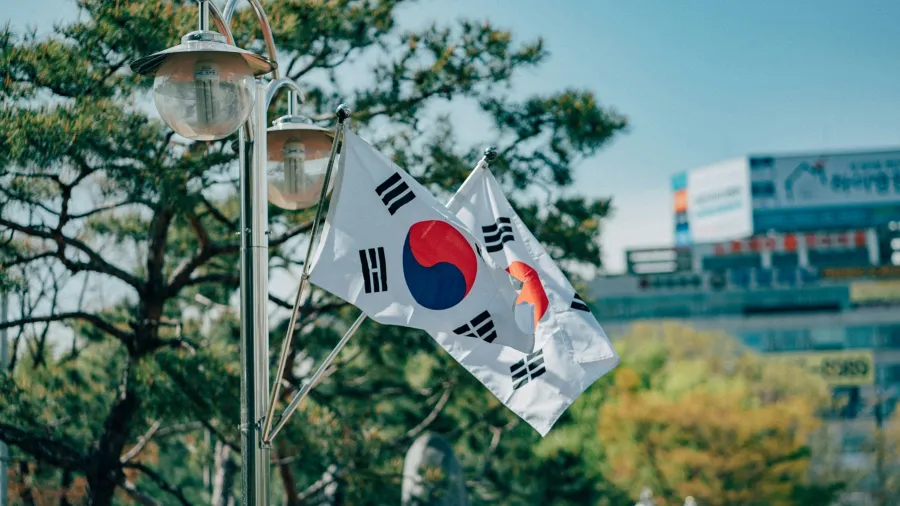
How does S. Korea fare in terms of risk resilience?
It ranked lowest in climate risk exposure at 109th place.
In comparison to the rest of the world, South Korea ranked 32nd place in FM Global’s Resilience Index which comes after the country transformed itself from a war-torn, impoverished nation into a prosperous, technologically advanced society.
South Korea boasts a GDP of about $1.6t and one of the highest GDPs per capita globally. It is one of Asia’s most resilient places for business, trailing only Singapore and Japan. Strategically located in Northeast Asia, South Korea benefits from proximity to major markets and plays a crucial role in global supply chains, particularly for technology-related goods.
Its 19th ranking for logistics highlights its advanced marine and aviation infrastructure. Brands like Samsung, LG, and Hyundai further underscore its export strength. South Korea's inflation rate of 3.59% in 2023 ranks it at 26th, indicating sound economic fundamentals.
However, it faces challenges with productivity, ranked at 30th, due to balancing automation, an ageing population, and youth unemployment.
ALSO READ: Korean insurers face tax challenges amidst IFRS 17 adoption: Report
Known as the Land of the Morning Calm, South Korea has a stable political environment and strong governance. It ranks 37th for political risk and 34th for corruption control. It also excels in cyber security, ranking 7th.
However, it faces significant climate challenges, ranking 105th for climate change exposure and 109th for climate risk exposure due to typhoons and floods.
South Korea ranks 60th for greenhouse gas emissions, reflecting its industrialisation and efforts to decarbonise. It aims for carbon neutrality by 2050 and a 24.4% reduction in emissions by 2030. The country’s energy intensity, ranked 105th, is high due to its tech industries and urban population, with 82% of its people living in urban areas as of 2019. Water stress is also a concern, ranking 117th, indicative of urbanised economies.
South Korea's climate risk quality is ranked 41st, recognising its commitment to mitigation through advanced building codes. Its fire risk quality is 61st, reflecting strong but improvable safety standards.
Overall, South Korea’s resilience is bolstered by its innovation, technological advancements, stable political climate, and proactive approach to climate risks, making it a leading global economy poised for further progress in resilience.
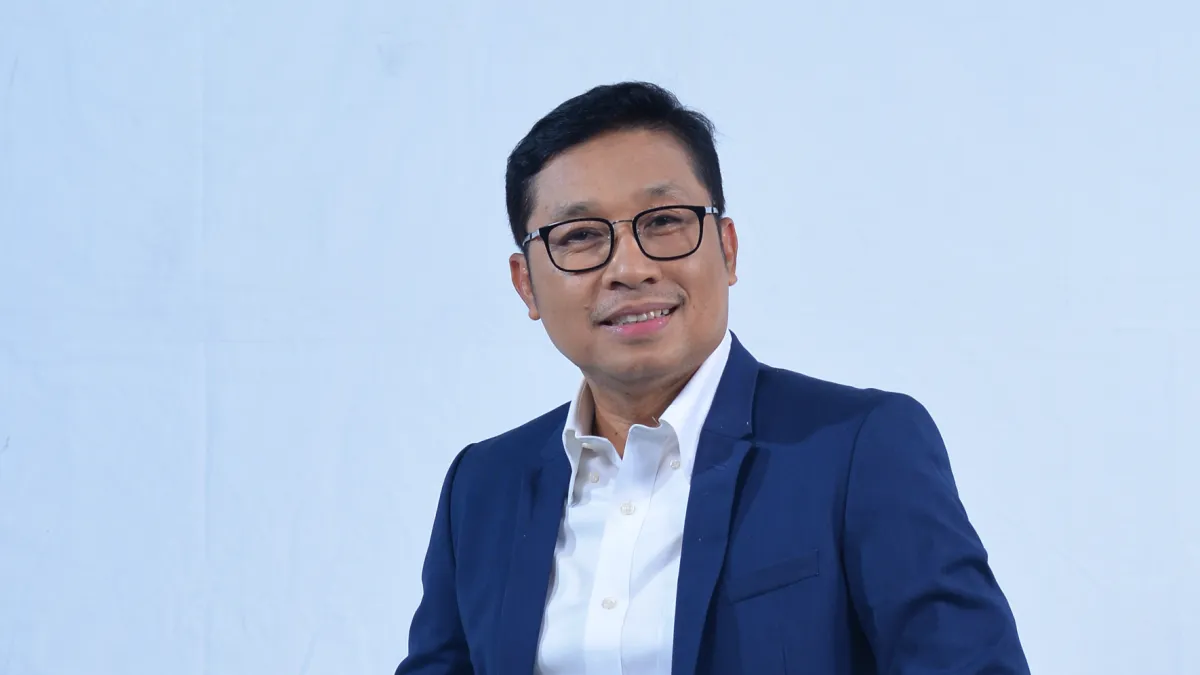
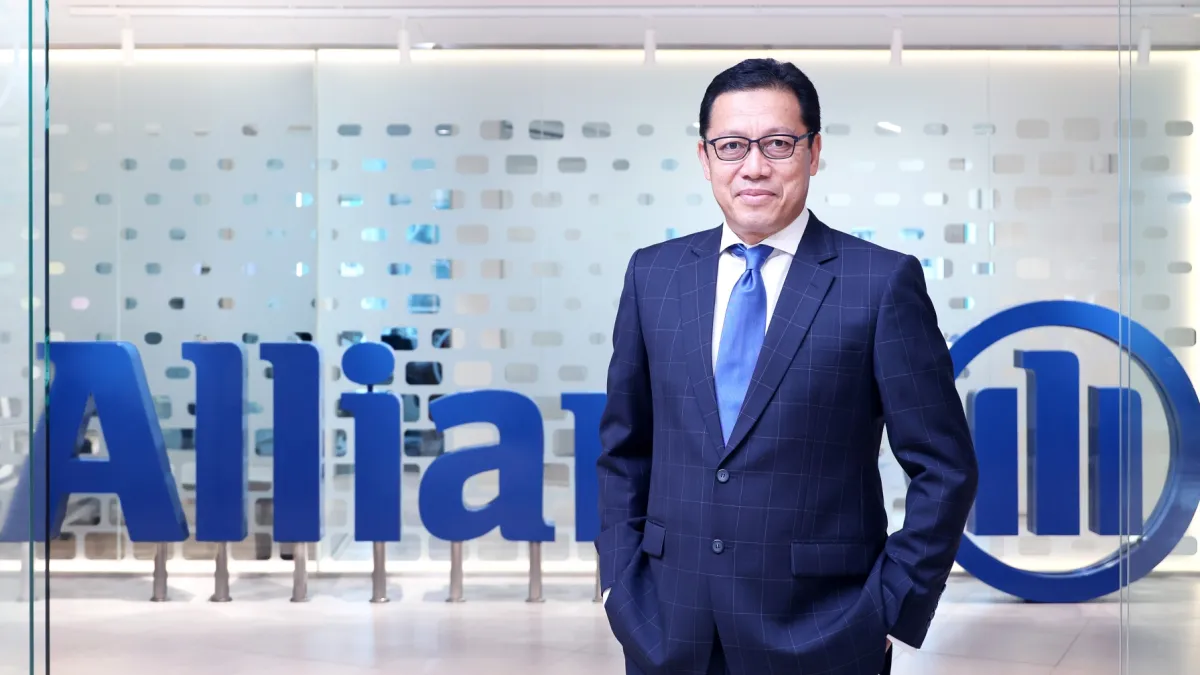


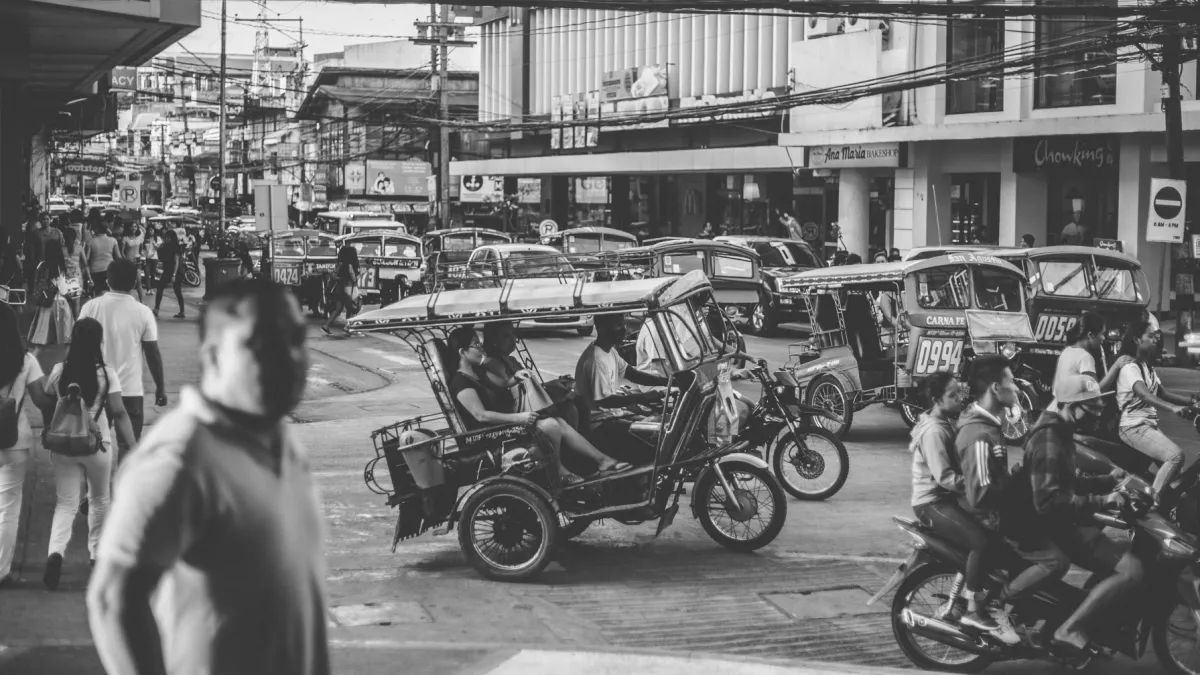


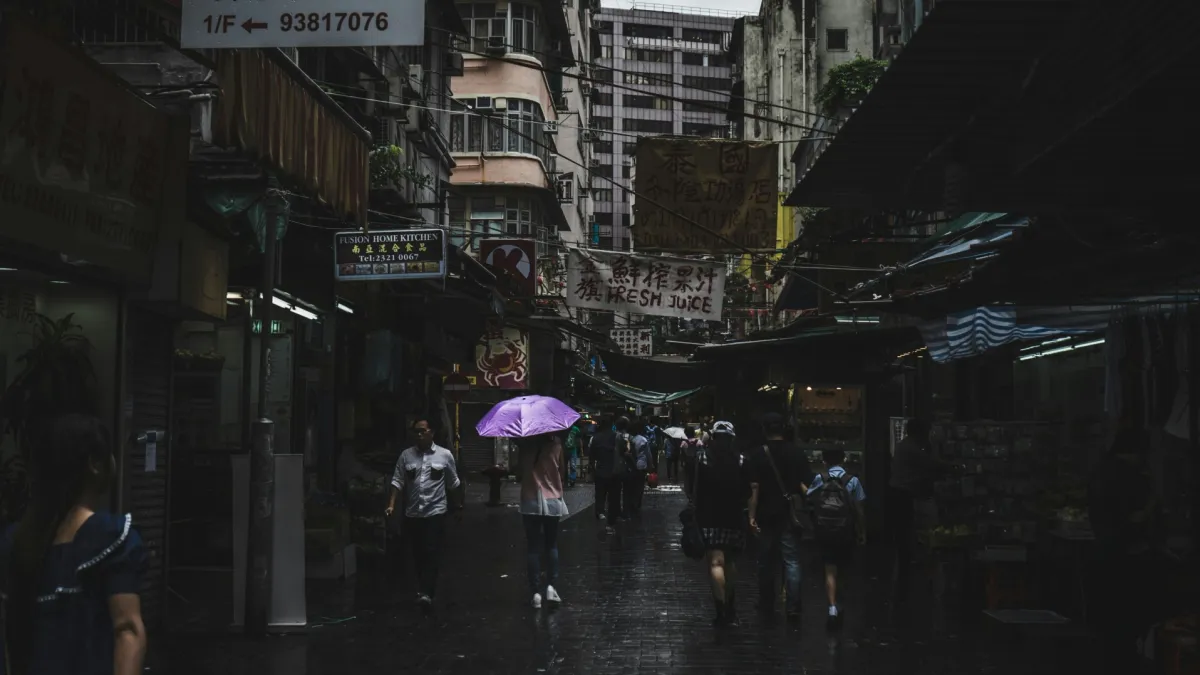


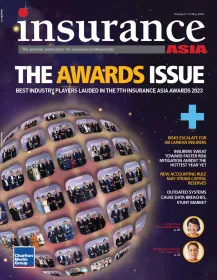
 Advertise
Advertise


